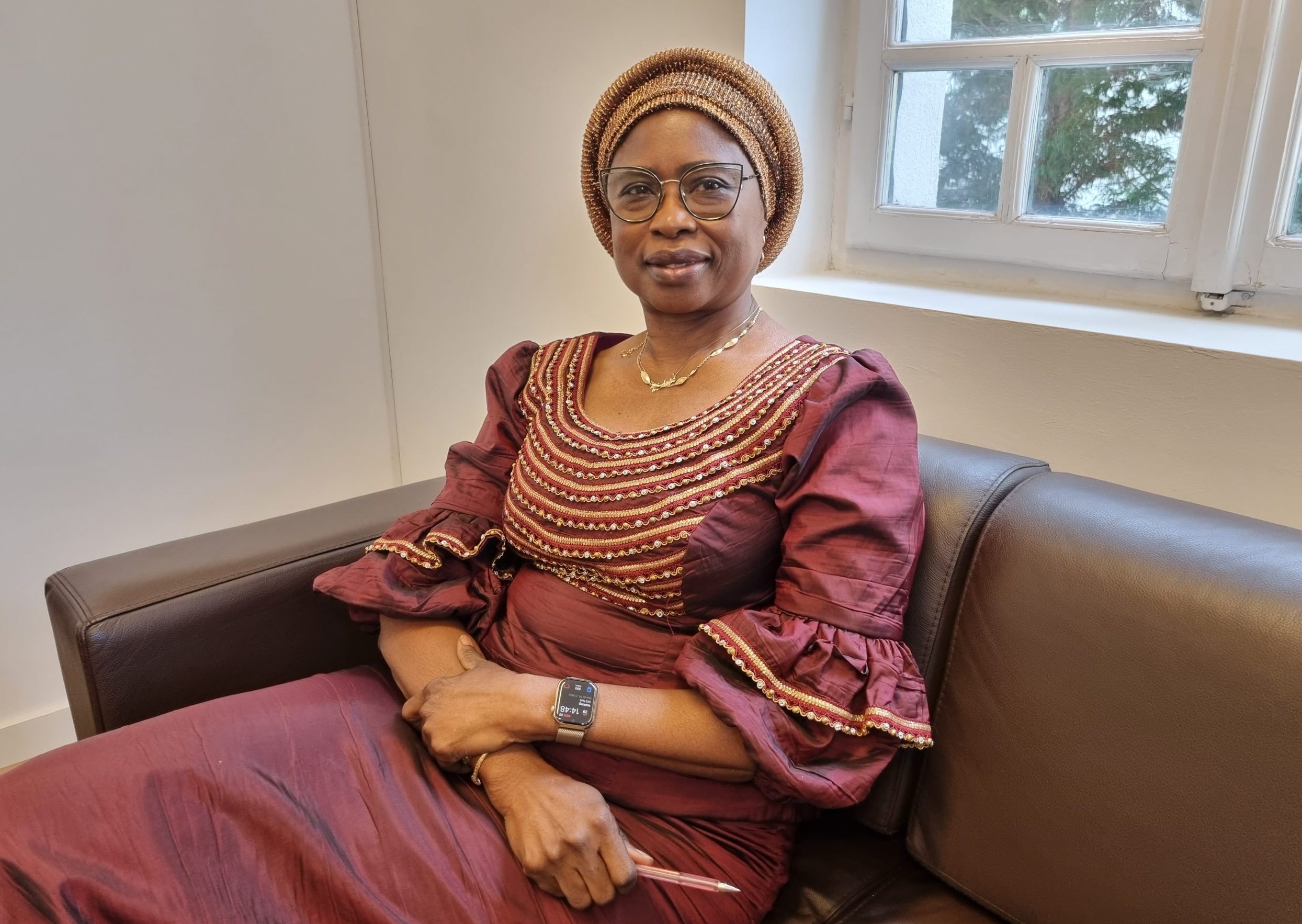
Interview with Nigerian Ambassador to Hungary, Dr. Modupe Enitan Irele.Continue reading

The post-Cotonou agreement with the Organization of African, Caribbean, and Pacific States (OACPS) will include a “negative list” of issues that will remain under national competence, Péter Szijjártó, Minister of Foreign Affairs and Trade, said in Mauritius on Wednesday after meeting his Mauritian counterpart Alan Ganoo.
The list will include the labor market and rules on social integration, leaving it up to nation-states to determine “the number and degree of integration of immigrants into society,” he said.
Jutta Urpilainen, the European Commissioner for International Partnerships, has also issued a written statement guaranteeing that the passages of the agreement “referring to sexual rights” is in no way legally binding on member states, Szijjártó said.
A statement will also be added to the document “declaring that we will protect our children and that sex education is the exclusive right of parents,” he added.
Since all decisions regarding migration and sex education, as well as the employment and integration of foreigners, remain in the hands of the member states, and since we will have no legal obligation regarding sexual rights, we feel that we have fulfilled the expectations of the parliament and can agree to the EU signing the post-Cotonou agreement,”
Szijjártó said.
At the meeting, Szijjártó and Ganoo also discussed bilateral relations, and Hungary agreed to offer 15 government scholarships to Mauritian students wishing to study in Hungary. Tourism is also thriving, with more than 3,000 Hungarians visiting the East African country in the first quarter. He said that work is underway on cooperation in water management and environmental protection.
Featured photo via Facebook/Szijjártó Péter